Sustaina-Week: Seeking a Better Future
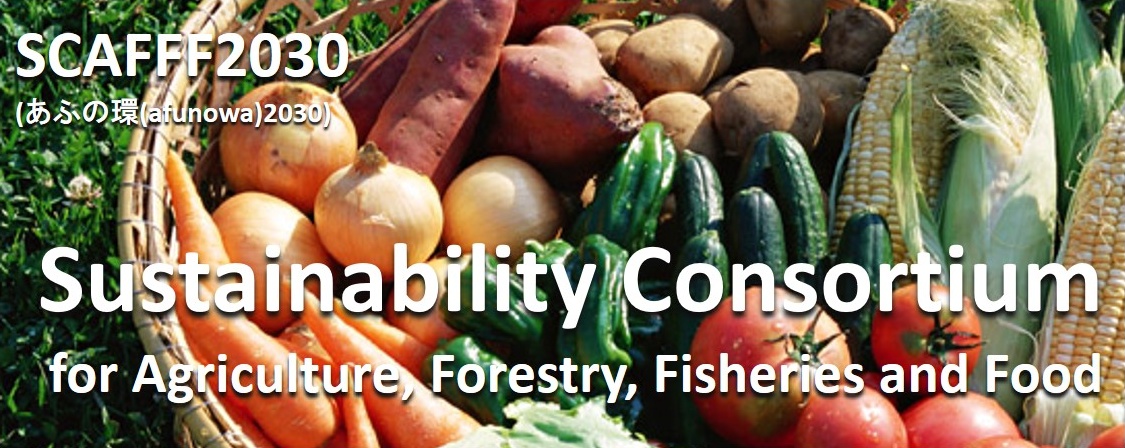
Sustainable development has become a regular topic on the news, with countries around the world challenging themselves and their citizens to reach for sustainability.
In Japan, many companies and organizations are busy making eco-friendly changes. By learning which companies are dedicated to sustainability, we, too, can make a difference.
Mobilizing with Eco-Conscious Companies
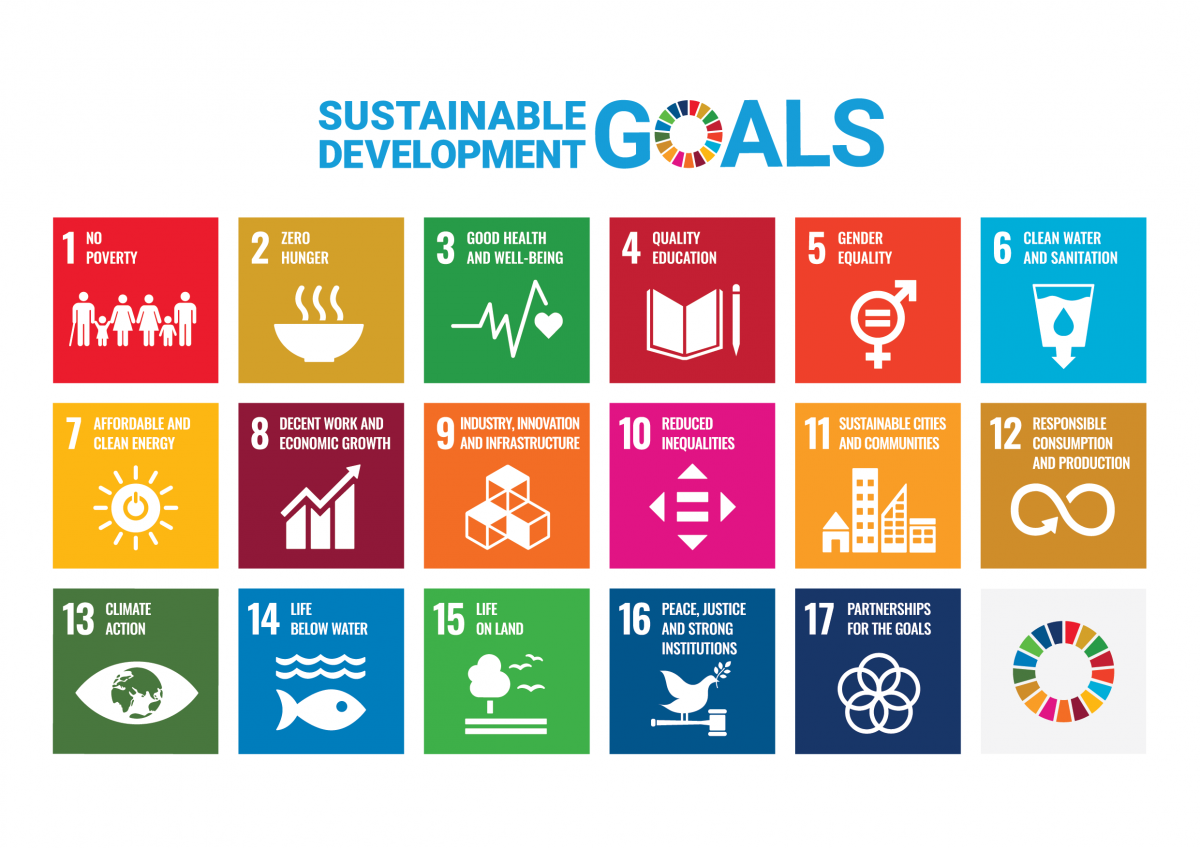
In 2015, member states of the United Nations (UN) adopted the 2030 Agenda for Sustainable Development. This agenda includes a list of 17 interconnected sustainable development goals (SDGs) covering economic, social, and environmental concerns, and member states agree to work in partnership to realize these goals for the sake of peace, the planet, and the world’s people.
In Japan, the Sustainable Consortium 2030 – for Agriculture, Forestry, Fisheries and Food (SCAFFF2030), called the Afunowa Project in Japanese, aims to accomplish the UN’s SDGs by 2030. A collaboration between the Ministry of Agriculture, Forestry, and Fisheries, the Consumer Affairs Agency, and the Ministry of the Environment, the project is an alliance of companies and organizations dedicated to a sustainable future.
Though member-led initiatives run year-round, SCAFFF2030 also hosts a special week to raise awareness and encourage people to work towards a future where everyone—Mother Earth included—wins.
Week for Sustainability: Sharing Ideas, Encouraging Action
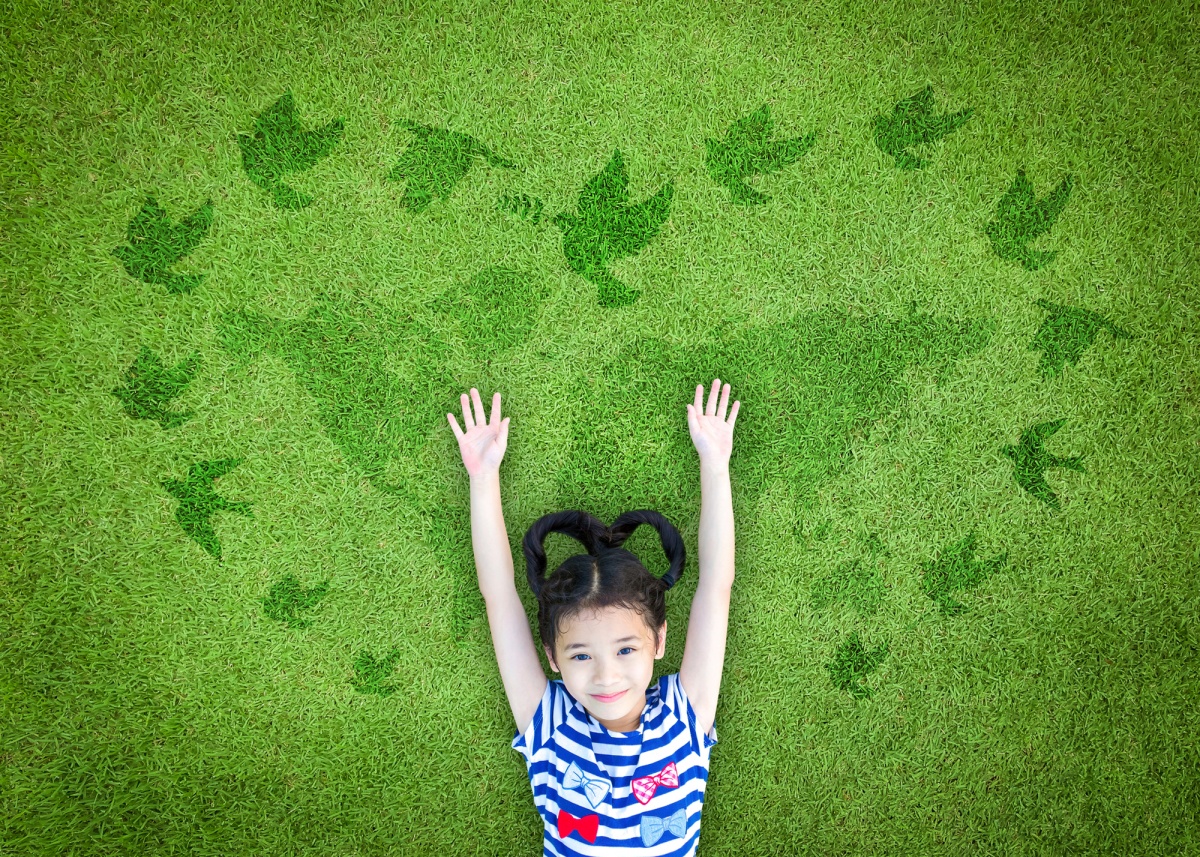
Sustaina-Week, also known as Week for Sustainability, is held annually to coincide with the United Nations General Assembly in New York. Participating products and events—identifiable by SCAFFF2030 logos—must address at least one sustainability criteria, which include climate change, biodiversity, water, waste and loss, partnership and resilience, and soil, and must avoid having a significant impact on the rest of the criteria.
Information on how SCAFFF2030 members address sustainability can be found on each member’s website, while Sustaina-Week events and products can be found by searching hashtags such as #Sustaina-Week, #SustainabilityWeek, and #SustainabilityAction on social media.
Celebrating Sustaina-Week

Join the movement for a sustainable future by searching out events and products from the 126 member companies and organizations that make up SCAFFF2030. Members hail from diverse industries, from agriculture to information and communications, meaning there’s something for everyone.
Over the course of the week, members of SCAFFF2030 host events, both in-person and online, highlighting SDGs and the work members do towards meeting those goals. As well, member shops display sustainably produced items and share tips on how we can all incorporate earth-friendly practices into our lives.
Spotlight on Member Initiatives
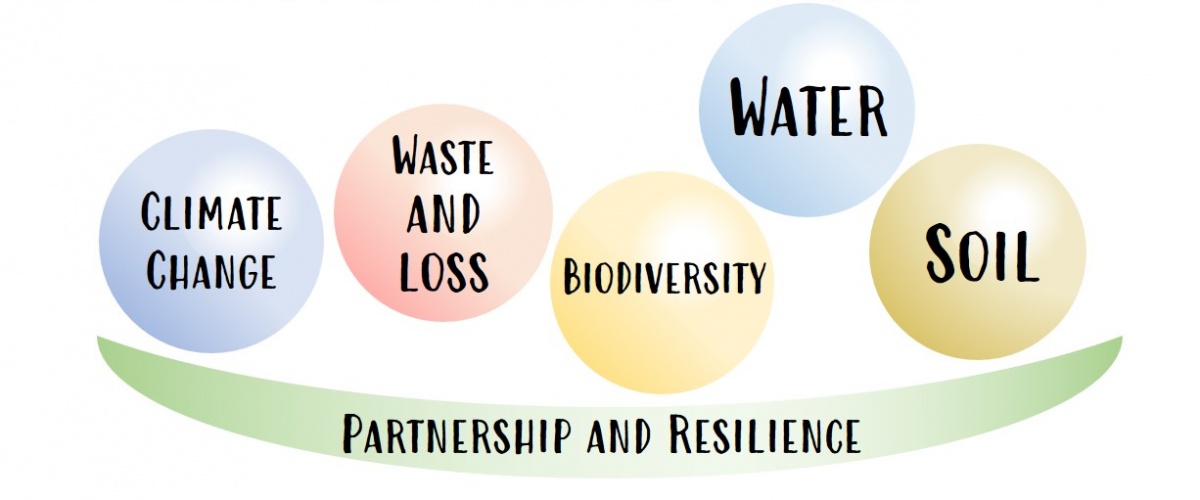
Activities undertaken by SCAFFF2030 members take various forms across the criteria. The following are just a few examples of how members are working towards sustainable development.
Biodiversity
The longer the supply chain, the more invisible the production site becomes. It is essential to provide consumers with information on how goods are produced to promote sustainable production and consumption.
During Sustaina-Week, supermarket chain Ito-Yokado will share the thoughts and actions of producers with Food with a Face, an Ito-Yokado original brand. Packaging for these products includes a manga-style drawing of the producer’s face and a QR code that links to information on initiatives spearheaded by producers, including the reduction of chemicals on farmland.
Some Food with a Face products boast certifications, such as J-GAP for food safety and environmental friendliness and MEL for seafood caught or cultured with due consideration for marine resources and ecosystems. Be sure to check them out online!
It will come as no surprise that many traditional manufacturing practices are considered sustainable. Indeed, a number of companies engaged in the production of traditional products are members of SCAFFF2030, including Maruya Hatcho Miso, makers of the savory fermented soybean paste that’s a staple of Japanese cuisine. In addition to using locally sourced well-water for its products, Maruya Hatcho Miso also uses indigenous species and locally grown organic soybeans.
K&K supports the traditional fishing methods of the ama, female fisherwomen who dive for shellfish, and the local community while conserving natural resources with its canned Ise-Shima water-boiled turban shells. The company uses turban shells sustainably harvested by the ama as raw materials for its canned products and delivers safe, secure, and high-quality turban shells to consumers.
Ama fishing is a traditional fishing method rooted in the local community and involves ama fisherwomen diving near the shore to forage for shells. With origins dating back some 2,000 years, ama fishing is one of the rarest food-related cultures in the world. When ama find turban shells, they consider each shell’s size and leave smaller shells in the ocean so that the status of this marine resource can be checked and properly conserved.
Partnership and Resilience
In order for all children to have the chance to grow up in a healthy manner, it is essential that society as a whole helps children who are in need. A co-op in Izumi City, Osaka, is promoting community support through a canteen for children and a food bank. For example, the co-op provides food collected through food-drive programs to children's cafeterias and social welfare councils that promote learning support. The co-op also offers some of its facilities for activities, providing learning support and meals to children with learning difficulties and encouraging the creation of healthy places for children and young people in the community.
Nichirei Corporation’s Nichirei Foods reduces both waste and hunger thanks to its partnership with Second Harvest Japan, Japan’s first food bank. Rather than disposing of frozen food products that can’t be sold in stores due to damaged packaging, the company donates the food to Second Harvest, allowing those on limited incomes to access healthy, quality food. Nichirei goes beyond simply donating food products—it also ships the food directly to facilities connected to Second Harvest using Nichirei Logistics Group’s refrigerated transportation network.
Taking their sustainability efforts abroad is Kirin Holdings, makers of Japan’s number one black tea brand—Kirin Gogo-no-Kocha. Kirin Holdings helps partner tea farms in Sri Lanka acquire Rainforest Alliance certification, which means that ingredients are sustainably produced, and human rights respected.
S&B Foods, which boasts more than 60 fair-trade-certified spices among its products, adds extra zing to your sustainability efforts. The company has committed itself to procuring ingredients produced with consideration for sustainability and human rights, and also includes allergy- and halal-friendly products in its lineup.
An Invitation to a Sustainable Lifestyle
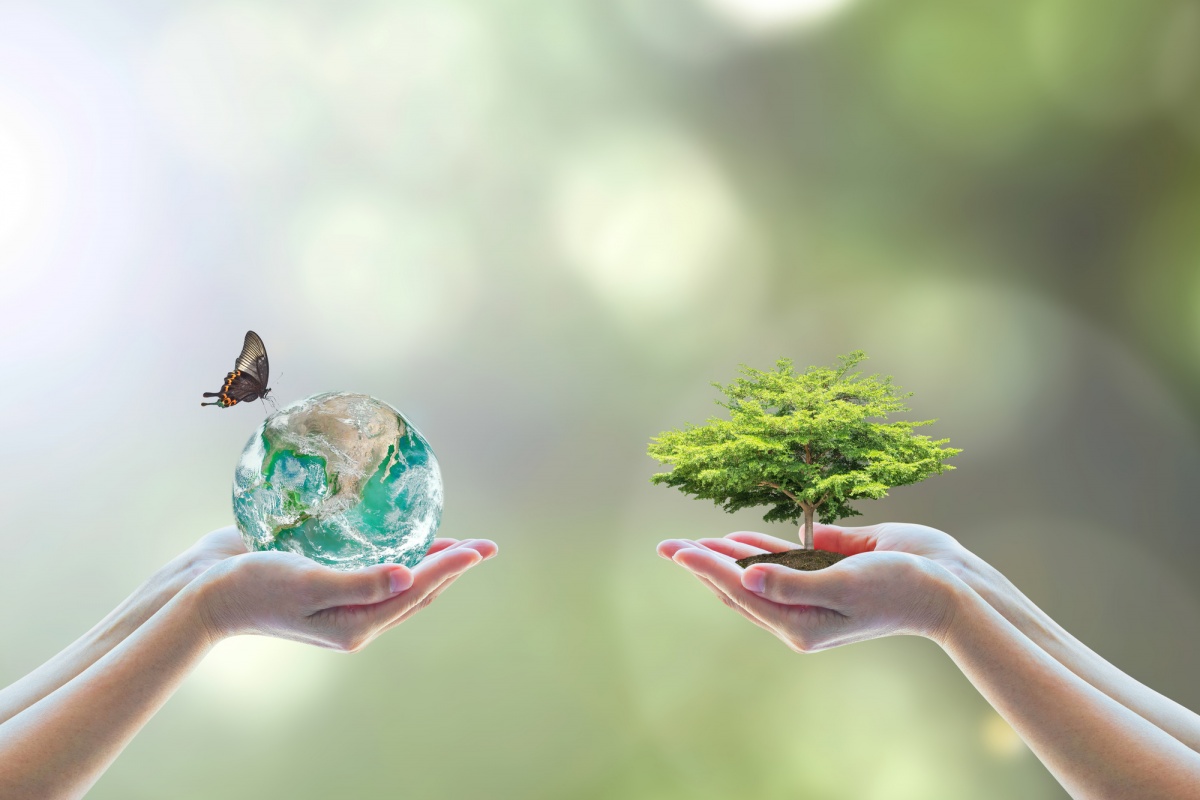
Climate change, biodiversity loss, and the coronavirus pandemic are forcing us as a society to confront the fact that what we have taken for granted is not always guaranteed. We are discovering that we must take action to protect what we hold dear.
Japan has formulated the Strategy for Sustainable Food Systems (MeaDRI), which aims to use innovation to achieve both increased productivity and sustainability to withstand the world's growing population.
This year, the UN Food Systems Summit will take place on September 23. The time has indeed come for the world to rethink the sustainability of its food systems. Companies involved in global food systems must take responsibility for their own sustainable use of natural capital if they wish to grow sustainably. The same goes for all of us who call Earth home.
Let us not neglect the environmental crisis that has already enveloped the world in uncertainty, but rather confront it, taking up issues that affect the planet as our own and pursuing actions that will lead to a cycle of sustainable production and consumption.



